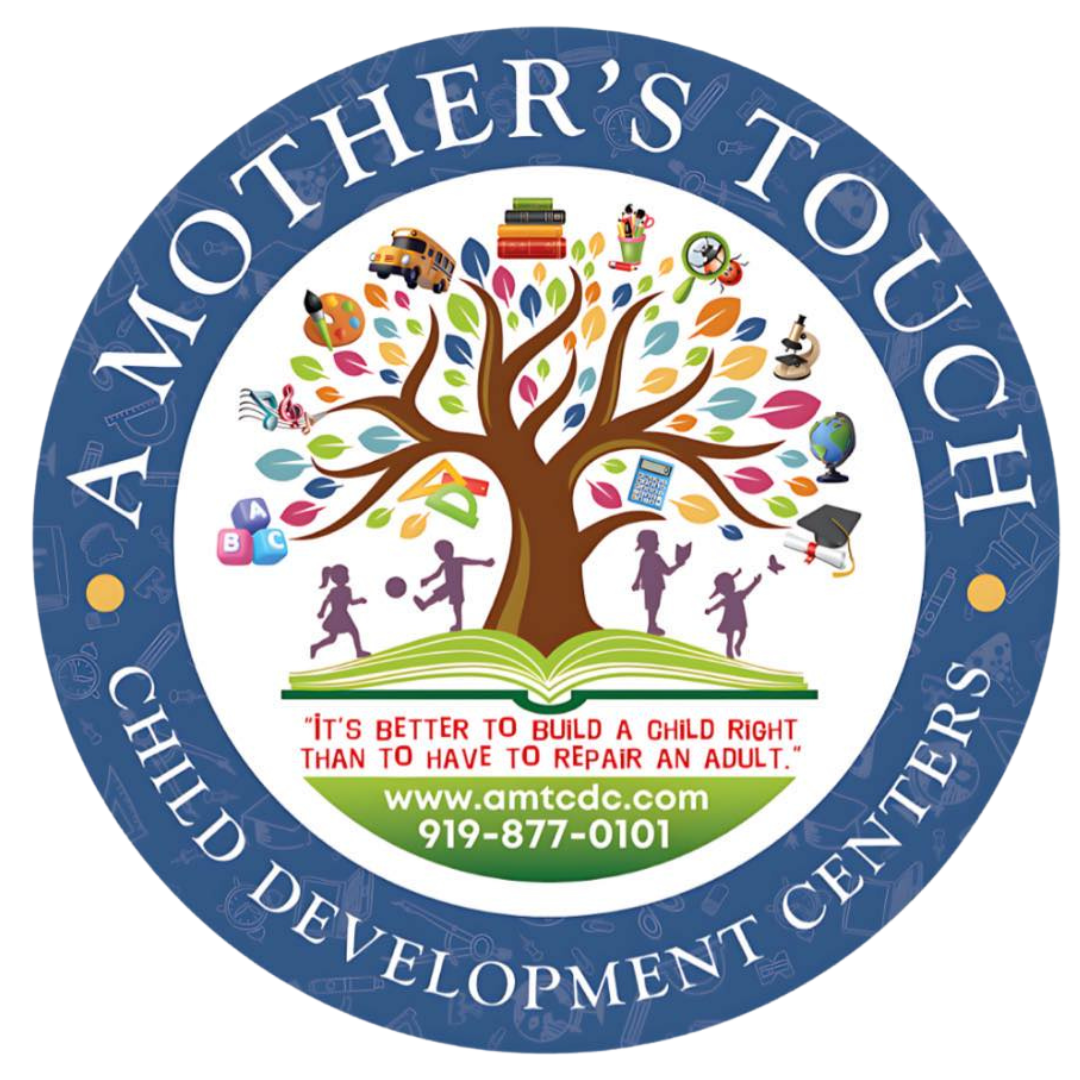As a parent, one of the most important decisions you will make is choosing the right child development center for your little one. This decision can feel like a daunting task, filled with questions and uncertainties. However, it is also an incredibly rewarding experience, as you are setting your child up for a successful future.
There are many factors to consider when selecting a child development center, such as location, cost, curriculum, and staff qualifications. With so many options available, it can be overwhelming to determine which center is the best fit for your child’s needs and your family’s values.
That’s why, in this article, we will discuss some expert tips for choosing a child development center. These tips will help guide you in your decision-making process and ensure that you find the perfect fit for your child.
Daycare vs. Child Development Center vs. Nanny
When considering daycare vs child development center, it’s important to recognize that both options can provide a safe environment, but they often have distinct differences in their approach to education and socialization.
Daycare centers typically focus on the basic needs of children, such as supervision, feeding, and playtime. They may not always have a structured educational curriculum, although many do incorporate some form of early learning activities. Social interaction is usually plentiful as children are grouped together by age, allowing them to engage with peers.
Child development centers, on the other hand, emphasize not only care but also structured learning activities designed to foster cognitive, emotional, and social development. These centers often employ qualified early childhood educators who develop and implement age-appropriate curriculums. As a result, children in these centers may experience a more enriched learning environment, receiving individualized attention that promotes their overall growth.
The comparison of nanny vs. daycare comes down to the personalized care a nanny can offer. A nanny provides childcare in your home, which can be more convenient and tailored to your child’s specific needs. Nannies can create a more flexible schedule and provide undivided attention, focusing entirely on your child’s needs. This one-on-one interaction can result in a strong emotional bond and customized learning and play opportunities.
However, the social interaction component may be limited, as your child might not have as many opportunities to interact with peers unless the nanny arranges playdates or takes them to group activities. Nannies may not have formal training in childhood education, so their approach may lack the structured curriculum that a child development center can provide. The cost of hiring a nanny can also be more significant compared to daycare options, making it a less accessible choice for some families.
Key Considerations When Choosing a Quality Childcare Center
When you’re evaluating what to consider when choosing a daycare, location convenience often tops the list. The best location for a daycare center is one that fits seamlessly into your daily routine. Proximity to your home, workplace, or commute route can make a significant difference in your day-to-day stress levels and time management. But beyond the basic logistics, it’s also worth considering the neighborhood’s safety and reputation.
A center in a well-regarded area can add an extra layer of comfort, knowing that your child is in a secure environment. Additionally, check if the center is easily accessible and has adequate parking or public transportation options, making drop-offs and pick-ups hassle-free.
Another crucial factor is the qualifications and experience of the teaching staff. Well-trained educators not only know how to care for children but also how to engage them in meaningful ways. When you’re determining what is the ideal teacher-child ratio in preschool, it’s generally accepted that a lower ratio is better. The National Association for the Education of Young Children (NAEYC) recommends a maximum of 10 children to 1 teacher for preschool-aged children. This ensures that each child gets enough attention and support, helping them thrive both academically and socially.
Ask about the caregivers’ credentials, ongoing professional development opportunities, and years of experience in early childhood education. Also, spend time observing how they interact with the children; compassionate, patient, and enthusiastic teachers often create a more nurturing and stimulating environment.
Safety standards should never be overlooked. A quality child development center will have rigorous protocols in place ranging from secure entry systems to regular emergency drills.
Additionally, consider centers that provide balanced meals for children. Nutritious, home-cooked meals contribute significantly to children’s physical and cognitive development. Many leading child development centers employ nutritionists to craft menus that cater to the dietary needs of growing children.
The Role of Emotional and Social Development
Emotional development in preschoolers is a cornerstone of early childhood education. Emotional growth involves understanding and managing one’s own feelings, as well as empathizing with the emotions of others. At a quality child development center, children are given ample opportunities to explore their emotions within a supportive environment.
Through activities like circle time, storytelling, and role-playing, children begin to recognize and name their feelings. Teachers trained in early childhood education guide these activities, providing the language and social cues that help children express themselves constructively. This foundational skill is crucial as it lays the groundwork for more complex emotional competencies, such as self-regulation and resilience, later in life.
Structured play for children often includes interactions that foster emotional intelligence; for example, children might play out scenarios where they navigate friendship conflicts or practice sharing, which helps them understand and manage their emotions in real-world settings.
Nurturing a child’s social development is another vital aspect that child development centers focus on. Socially and emotionally aware children tend to be better prepared for the challenges of school and everyday interactions. These centers often use a combination of free play and organized group activities to promote social skills such as cooperation, negotiation, and conflict resolution.
For instance, during group activities such as building blocks or art projects, children learn how to work together, share resources, and appreciate different perspectives. This type of social interaction is pivotal for developing empathy and collaboration skills, setting the stage for healthy peer relationships.
Moreover, educators often step in to model appropriate social behaviors and facilitate conflict resolution, ensuring that children not only understand the rules of social engagement but also feel emotionally supported as they navigate these experiences. This hands-on approach significantly contributes to raising children who are not only academically prepared but also emotionally and socially competent.
Final Words
When it comes to choosing the ideal environment for your child, the considerations you make are foundational to their growth and development. A Mother’s Touch Child Development Center recognizes these vital aspects and integrates them comprehensively into our childcare programs.
We believe that emotional and social development holds equal importance alongside academic learning. Therefore, our Early Preschool program is designed to offer a balanced approach, marrying structured educational curricula with hands-on playful activities. This combination creates a stimulating environment where children thrive, learn, and grow confidently.
Choosing the right child development center is one of the most critical decisions you’ll make for your child’s future. We invite you to choose us because we provide more than just a preschool experience—we offer a foundation for your child’s future success.
Don’t settle for less when it comes to your child’s early education. Enroll today and see why families trust us to guide their little ones toward a bright future! Call us at (919) 877-0101 or email us now!
Contact Us
Call: (919) 877-0101
Email: ms.netta@amtcdc.com
Hours: Mon-Fri: 5:00 am - 6:30 pm
Address: 1024 Lynn Rd Raleigh, NC
Stay Informed
Follow us on social media for updates from our center, parenting tips, Raleigh family events and more.

Copyright © 2025 A Mother's Touch Child Development Center - All Rights Reserved.
Privacy Policy
